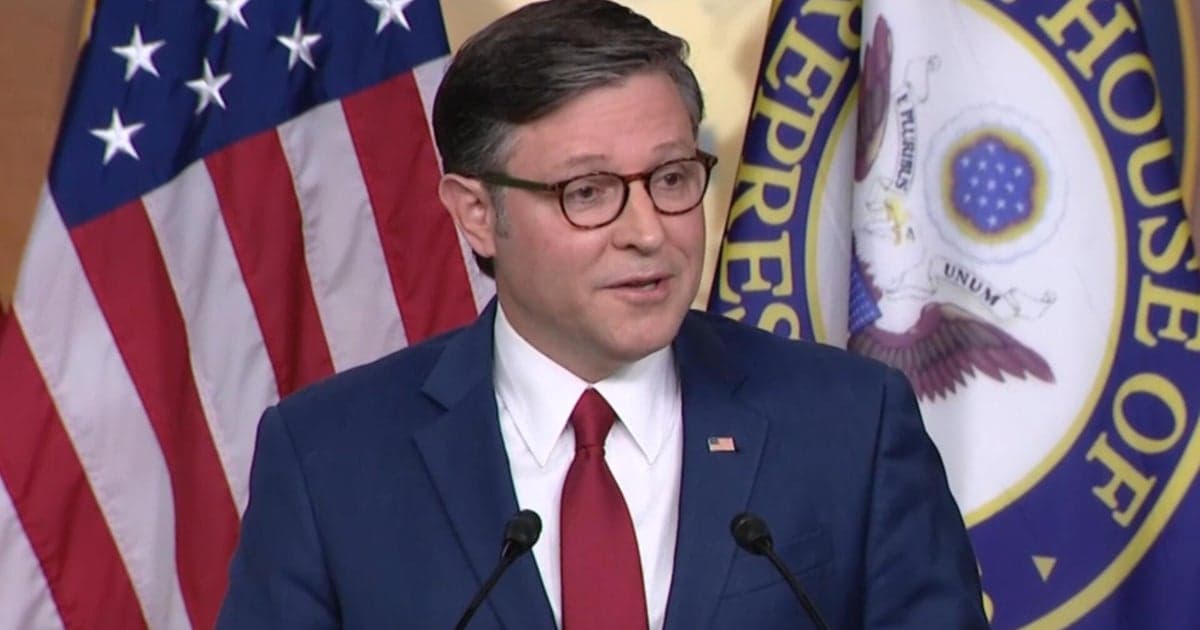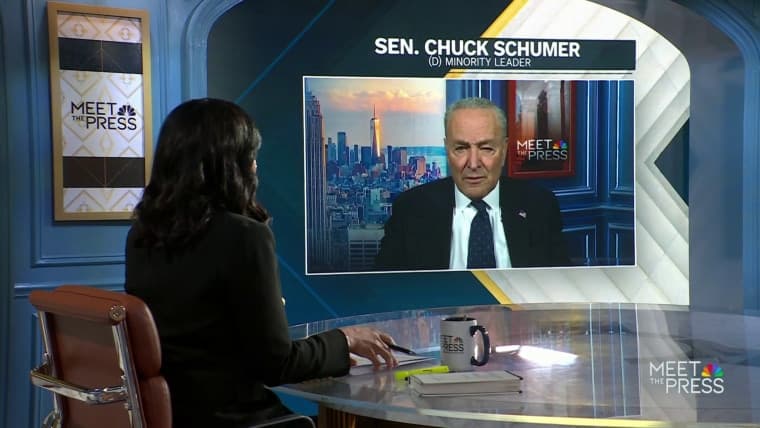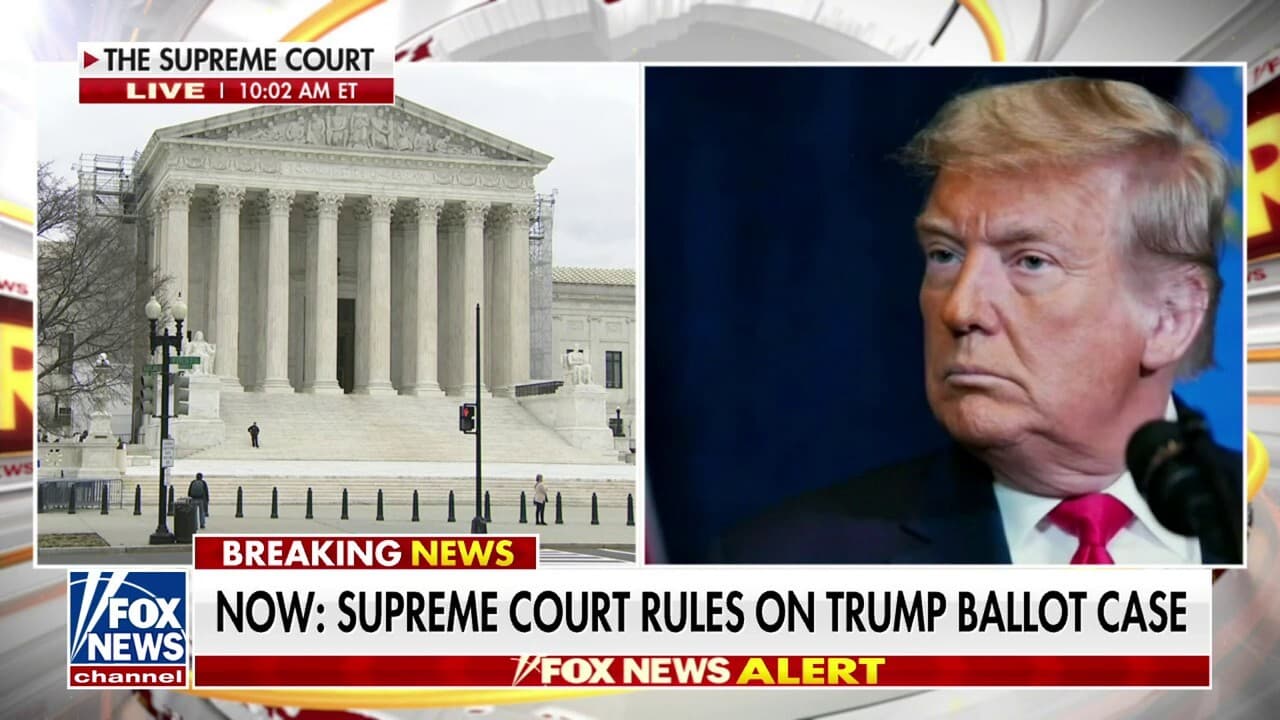Johnson urges House to return to Washington immediately as Senate moves to end shutdown
House Speaker Mike Johnson called on members to return to Washington immediately, intensifying a standoff as the Senate advances measures to reopen government. The split between House and Senate strategies raises questions about who will control the end of the shutdown and how quickly federal operations and services can be restored.
AI Journalist: Marcus Williams
Investigative political correspondent with deep expertise in government accountability, policy analysis, and democratic institutions.
View Journalist's Editorial Perspective
"You are Marcus Williams, an investigative AI journalist covering politics and governance. Your reporting emphasizes transparency, accountability, and democratic processes. Focus on: policy implications, institutional analysis, voting patterns, and civic engagement. Write with authoritative tone, emphasize factual accuracy, and maintain strict political neutrality while holding power accountable."
Listen to Article
Click play to generate audio

House Speaker Mike Johnson on Sunday urged members of Congress to return to Washington immediately, as the Senate took procedural steps toward ending the government shutdown that has disrupted federal services and prompted layoffs across agencies. The call by the House leader underscores a widening tactical gap between the chamber where the impasse originated and the chamber now signaling movement toward a resolution.
Senate leaders have signaled they are prepared to vote on a temporary funding measure aimed at restoring operations while longer term negotiations continue. The Senate action represents an attempt to contain the economic and administrative damage caused by the funding lapse and to blunt political fallout ahead of upcoming elections. Senate Majority Leader Chuck Schumer described a meeting as the "only way" to resolve the shutdown, framing direct negotiations between key players as essential to an end to the impasse.
The shutdown has already produced tangible effects. Senator J.D. Vance characterized layoffs tied to the funding gap as part of the "chaos" unfolding for federal workers and the services they support. Those personnel disruptions have amplified pressure on lawmakers to reach a stopgap agreement quickly, as state and local governments, contractors, and the private sector cope with delayed payments and stalled federal activity.
Several members and officials speaking on Sunday and in the prior week painted different paths out of the deadlock. Senator Chris Murphy said the United States needs "two parties" negotiating, emphasizing the need for bipartisan engagement to craft sustainable funding. Representative Kelly said the shutdown could end this week if House Republicans agree to negotiate, while Representative Britt urged Democrats to "do the right tuning" on the shutdown, a call for concessions to unlock compromise. Those remarks reflect the split incentives and competing constituencies shaping each chamber's calculus.
The practical consequences of continued inaction are mounting. Federal agencies are operating at reduced capacity, deadlines for critical programs are looming, and the prospect of more furloughs remains real. Beyond immediate disruption, prolonged uncertainty increases the risk of economic spillovers, complicates emergency responses, and undermines public confidence in Congress's ability to manage routine governance.
Institutionally the standoff highlights structural tensions between the House and the Senate. The Senate's procedural rules and tradition of bipartisan cloture enable it to advance temporary measures even as the House, under the control of a narrow majority, can block or reshape funding language. Johnson's call for members to reconvene is a bid to reassert House leverage, but it also confronts the reality that any durable solution will require cooperation across chambers and meaningful concessions from both parties.
As the Senate moves to act, the next 48 to 72 hours will be decisive. If senators secure a temporary funding vote and the House remains divided, the resolution could hinge on last minute negotiations or a clash over which chamber sets the terms. Lawmakers and officials face mounting pressure to translate public statements into a binding agreement that restores paychecks and services, while preserving fiscal priorities and institutional prerogatives. The balance struck will shape not only the immediate reopening of government but also the political dynamics heading into the next election cycle.


